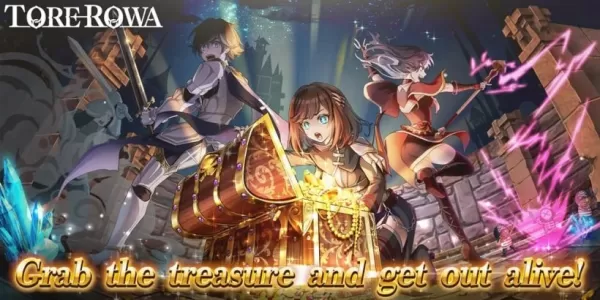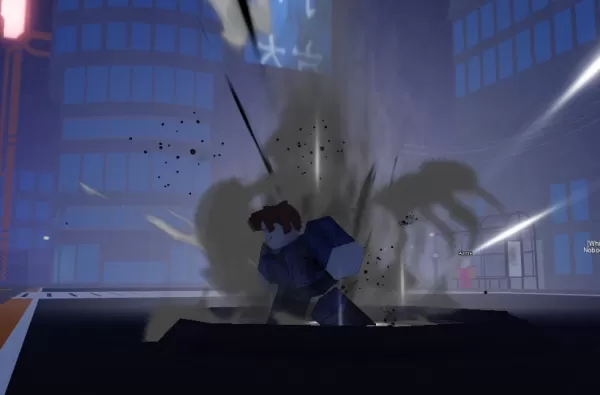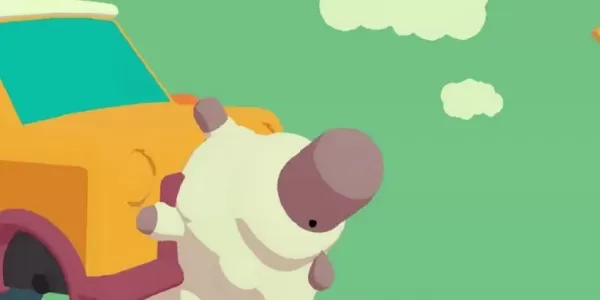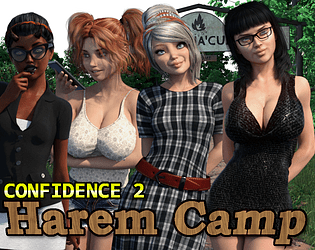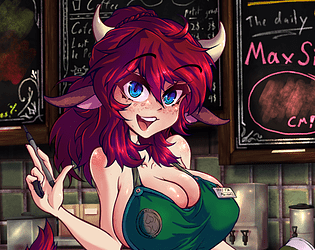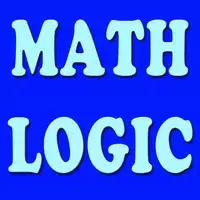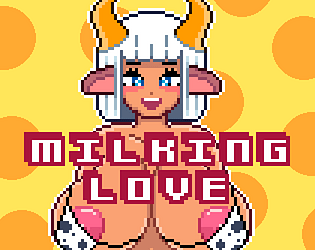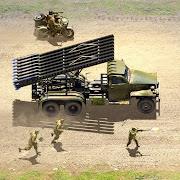2025 marks a pivotal year for DC, with James Gunn's Superman film set to inaugurate the new DCU theatrically. DC Studios is gearing up with an array of film and television projects, while the Absolute Universe is making significant strides in DC's comic publishing. Amidst this flurry of activity and anticipation for DC's new universe of media, one pressing question looms large: What is happening with Wonder Woman? Created by William Moulton Marston and H. G. Peter, this iconic superhero and central figure in the DC universe seems to be fading from the spotlight in recent franchise endeavors.
Beyond the pages of comics, Diana of Themyscira has faced a series of setbacks in recent years. Following the mixed reception of Wonder Woman 1984, her live-action film series fizzled out, and she is absent from the current DCU lineup, which instead features a show about the Amazons. Wonder Woman has never been granted a dedicated animated series, and her anticipated first solo video game, announced in 2021, was cancelled. These developments beg the question: What is Warner Bros. doing with the most iconic female superhero of all time? Let's delve into how Warner Bros. and DC are mishandling Wonder Woman's potential.
One Hit Wonder
During the intense competition between the Marvel Cinematic Universe and the DCEU in the late 2010s, the first Wonder Woman film stood out as a resounding success for the latter. Released in 2017, the movie garnered largely positive reviews and grossed over $800 million worldwide. Following the polarizing reactions to Batman v Superman and Suicide Squad, Patty Jenkins' depiction of Diana resonated deeply with audiences, despite the film's third act problems and Gal Gadot's performance, which focused more on physical presence and action than on character depth. This strong performance should have been the foundation for a thriving blockbuster franchise.
However, the sequel, Wonder Woman 1984, released in 2020, did not meet expectations. It received mixed reviews and failed to recoup its budget at the box office, a situation exacerbated by its simultaneous release on HBO Max during the height of the COVID-19 pandemic. The film's narrative structure, tonal inconsistencies, and controversial elements, such as Diana having sex with Steve Trevor in another man's body, further alienated viewers. The sequel was a disappointing follow-up to the original's success.
Despite these setbacks, Wonder Woman deserved more than being sidelined. Plans for a third film were phased out, and no new Wonder Woman projects have been announced since. It's disheartening to see Wonder Woman neglected after one underwhelming film, especially when other characters like Batman and Spider-Man receive multiple reboots and relaunches. The absence of Wonder Woman in other franchise media is equally concerning.
Diana Prince, Missing in Action
With the launch of the new DCU, one would expect Wonder Woman to be a focal point. Yet, the initial slate titled Chapter One: Gods and Monsters does not include a standalone Wonder Woman project. Instead, James Gunn and Peter Safran are focusing on less mainstream properties like Creature Commandos, Swamp Thing, Booster Gold, and The Authority. While there's merit in exploring lesser-known IPs, the absence of Wonder Woman from the lineup is striking, especially with new projects featuring Superman, Batman, and Green Lantern.
DC Universe: Every Upcoming Movie and TV Show
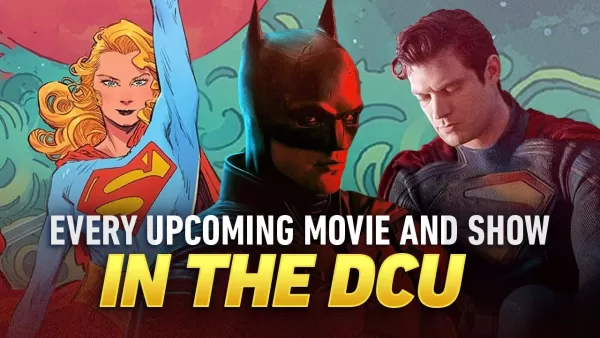
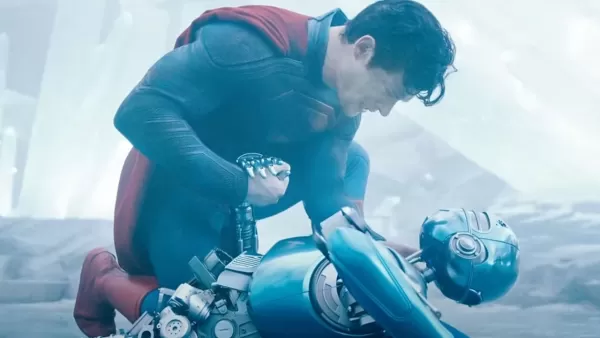 View 39 Images
View 39 Images
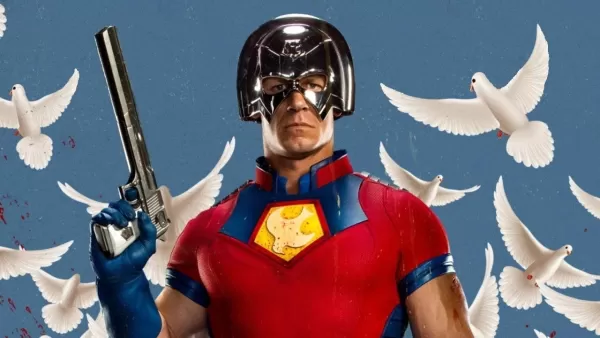
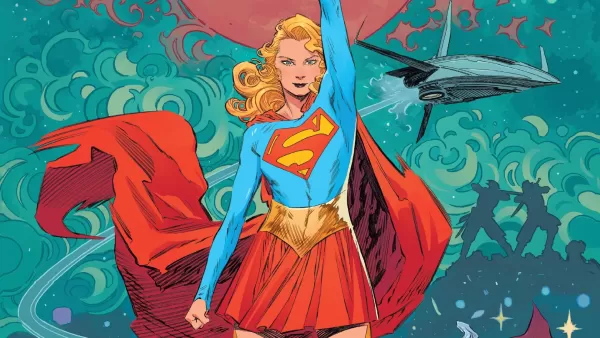
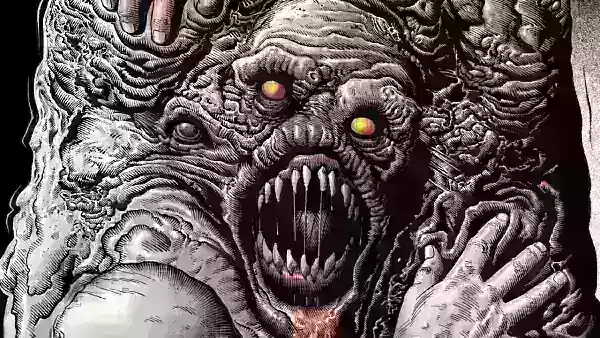
Instead of a Wonder Woman-centric project, the DCU has greenlit Paradise Lost, a series set in Themiscyra before Wonder Woman's birth. While expanding the lore of the Amazons is valuable, creating a show within the Wonder Woman franchise without Wonder Woman feels reminiscent of the Sony Marvel Universe. This decision raises questions about whether DC Studios views Diana as less of a draw than the world-building around her. The urgency to launch another Batman franchise, potentially running two simultaneously, contrasts sharply with the lack of a Wonder Woman project.
This approach echoes the treatment of Wonder Woman in the DC Animated Universe of the '90s and early 2000s, where she played a significant role in Justice League and Justice League Unlimited but never received her own series. Despite her prominence in DC Universe direct-to-video animated films, she has only starred in two: Wonder Woman in 2009 and Wonder Woman: Bloodlines in 2019. With the surge in popularity of superhero fiction, it's perplexing that a Wonder Woman project remains elusive.
AnswerSee ResultsLet Me Play as Wonder Woman, Dammit
The recent cancellation of the Wonder Woman game in development at Monolith Productions adds to the frustration. It's unclear whether the poor performance of games like Suicide Squad: Kill the Justice League and MultiVersus contributed to its demise, but the loss of what would have been Diana's first lead role in a game feels like a missed opportunity. With the resurgence of character action games, a game starring Wonder Woman, akin to God of War or Ninja Gaiden, seems like a natural fit.
While Diana has appeared in games like Injustice, Mortal Kombat vs. DC Universe, and LEGO DC titles, the absence of a AAA action game featuring her is glaring. DC's failure to capitalize on the success of the Batman Arkham series with games centered on Wonder Woman, Superman, and the Justice League is a significant oversight. It's particularly galling that in Suicide Squad: Kill the Justice League, Wonder Woman is killed off as a non-playable character, while the male members of the Justice League survive as evil clones.
The combination of a faltering film franchise, the lack of dedicated animated content, and poor video game representation reflects a troubling disregard for one of DC's most iconic characters. If Warner Bros. and DC show such little respect for a hero as significant as Wonder Woman, it raises doubts about their commitment to the broader DC roster. Hopefully, Gunn's Superman reboot will pave the way for a renewed focus on DC adaptations, but as Warner Bros. moves forward, they must not overlook the immense value that Diana Prince brings to their franchise. After nearly a century, both Wonder Woman and her fans deserve better.

